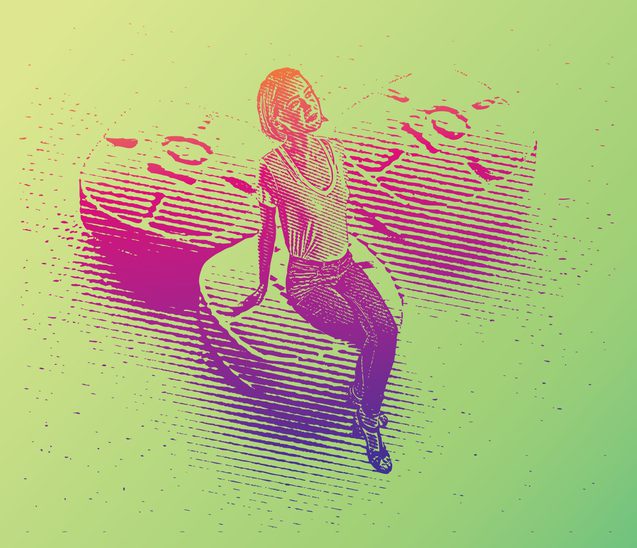A person using stimulants may do so because they have developed an addiction to them. Stimulants, which are substances such as amphetamine, cocaine, and methamphetamine, are highly dangerous drugs, those that can create long-term health complications and carry the risk of overdose with a single use. If you have started using stimulants and are finding it difficult or impossible to stop, that could indicate a stimulant use disorder.
Defining Stimulant Use Disorder
Stimulant use disorder occurs when a person continues to use drugs that stimulate the central nervous system, even knowing that the drugs are harmful. A person with this disorder may find it difficult to stop using stimulants without professional help.
The U.S. Department of Veterans Affairs shares that more people are dying from stimulant overdose than in years past, and these overdose deaths occur as a result of illicit stimulant use, typically meth and cocaine that is also laced with fentanyl, a highly dangerous and potential opioid drug.
Stimulants include the following:
- Prescription amphetamines, including Adderall and Dexedrine, and methylphenidate, such as Concert and Ritalin
- Methamphetamine
- Cocaine
- Methcathinone
- Diet products including Didrex, Fastin, Bontril, and Preludin
- Bath salts
What Are the Dangers of Stimulant Use Disorder?
Stimulants increase the function of the central nervous system, creating a sense of being full of energy. They can create a feeling of euphoria as well. To do this, these drugs often increase the function of the heart and lungs, causing a faster heart rate and rapid breathing. Often, this taxes the body and brain, resulting in a high risk of side effects, including:
- Heart attacks
- Strokes
- Violent behavior
- Psychosis
- Paranoia and confusion
Overdose can occur. When an overdose happens, the body cannot function as it should, causing the heart to stop, among other complications. This can lead to premature death.
What Are the Symptoms of Stimulant Use Disorder?
A person who has developed stimulant use disorder may exhibit a wide range of symptoms based on the way the drugs interact with their brain and body. Some of the most common symptoms of stimulant use disorder include, according to the U.S. Food and Drug Administration:
- Increased risky behavior, such as driving under the influence and risky sexual encounters
- Cravings or a strong urge to find and use stimulants
- Trying to stop using or reduce use and struggling to be able to do so
- Needing to use a higher dose or use stimulants more often to get the same type of results
- Difficulty meeting obligations at home, work, and school
- Recognizing there is a problem and health risk but continuing to use the substance
When a person with stimulant use disorder tries to stop using, they experience withdrawal, a condition in which the brain and body react to the lack of the drug. This can lead to intense cravings, nausea and sweating, vomiting, difficulty sleeping, and paranoia. Because of the intensity of these feelings, many people continue to use stimulants.
What Can You Do If You Are Struggling with Stimulant Use Disorder?
You’re likely scared and overwhelmed. Many people using stimulants don’t start out with the goal of forming an addiction to them, and once that happens, they are unsure of how they are going to work through it. You don’t have to go through these challenges on your own.
Consider detox
The Ranch at Dove Tree may recommend the use of detox as a way to help your body overcome the demand for the drug, reducing withdrawal symptoms and helping your brain to readjust to the absence of these substances. Medical detox is a very controlled process and often results in less pain and discomfort than simply trying to stop on your own.
Get into care
Making the decision to get drug addiction treatment is a life-changing one, and it is one that we can help you make. Our team at The Ranch at Dove Tree works with many people who are facing stimulant use disorder and need help. We offer a wide range of therapies to support your recovery, including:
Treatment involves talk therapy, holistic care, and a lot of support. When you are ready to embrace your life again instead of dealing with pain and addiction, you’ll learn how to take control and overcome the challenges you’re facing.
Let’s talk about your future. When you are ready to build up a defense against drug addiction and want support in getting there, our compassionate professionals in Lubbock, TX, are here to help you. Set aside a few moments now to contact us to learn more.






